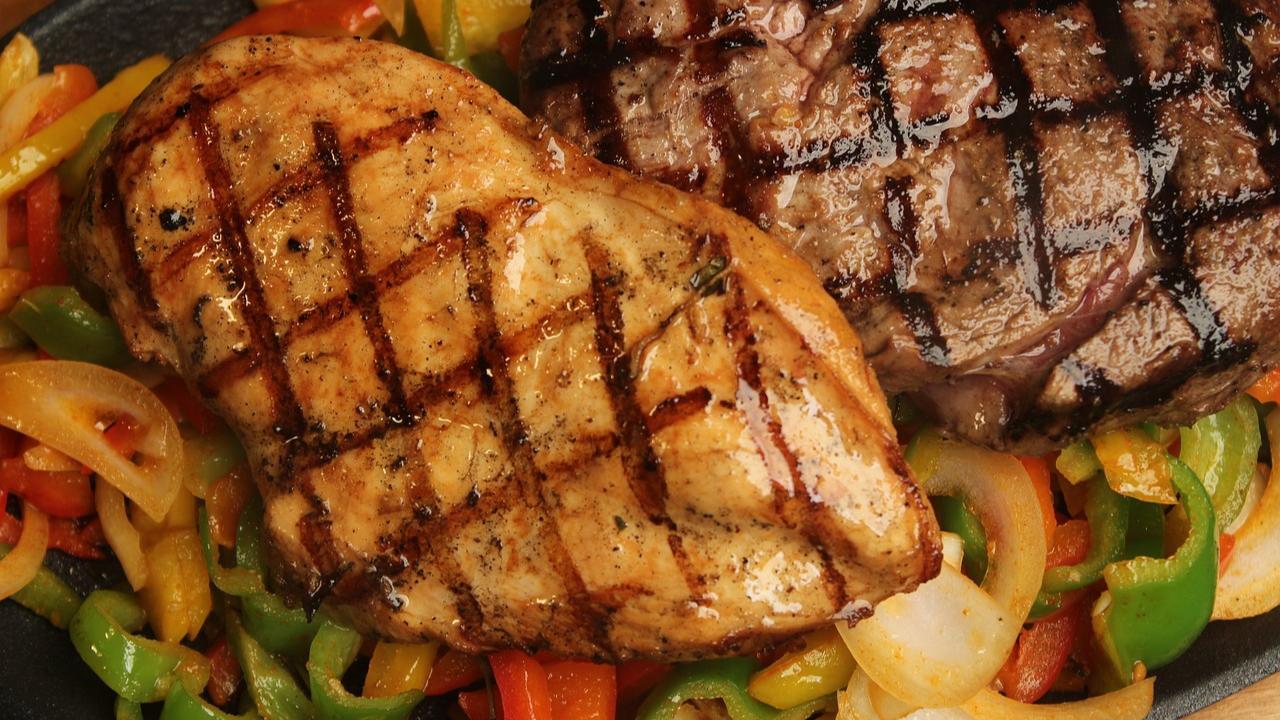The first few days in the village, located in a deprived suburb north of Paris, saw demands for more meat, eggs and bigger helpings as athletes looked to replenish themselves after gruelling competitions or gym sessions

Image for representational purpose only. Photo Courtesy: istock/Pixabay
An ambition from Paris Olympics organisers to cut the carbon footprint of catering at this year's eco-friendly Games has run into a problem: the huge appetites of meat-loving athletes.
At a trial run at the Olympics village restaurant in June, Games supremo Tony Estanguet stressed how Paris 2024 was aiming to cut the average carbon emissions per meal in half compared to previous Olympics by offering more vegetarian food. Promising not to disappoint visitors to a country famed for its gastronomy, the organising committee also took on several Michelin-starred chefs as advisors to work alongside its food contractor, French multinational Sodexo.
But the first few days in the village, located in a deprived suburb north of Paris, saw demands for more meat, eggs and bigger helpings as athletes looked to replenish themselves after gruelling competitions or gym sessions. "The only issue would be the food shortages," swimmer Julio Horrego from Honduras said on Monday when asked about life in the village. "It's a bit surprising." Horrego, who says he eats up to 5,000 calories per day, said he turned up for breakfast at 10:30 am on Sunday only to find there were no eggs left. "If you arrive a bit late, then there aren't enough," he said at the entrance to the village which is buzzing with activity and can house 10,500 athletes in its roughly 40 low-rise towers.
Romanian rower, Iulian Chelaru, gave a clear answer when asked if there was anything missing: "meat". "We didn't have enough meat, but now it's solved," he added. German swimmer Lucas Matzerath, 24, said that the size of helpings was also increasing. "At the start there were not very big portions for people, but it's improved now," he said. The food hall includes six different dining areas offering meals from around the globe, with half of the 50 dishes available each day being 100-percent vegetarian. "We enjoy our greens, so it's not a problem," Canadian beach volleyball player Sophie Bukovec said as she left the complex. "Some of the athletes are big meat-eaters. They're trying to sort it out. There is protein you just have to know where to find it."
ADVERTISEMENT
On the grill
Sodexo said on Wednesday said it had adjusted its menus. "Eggs and grilled meat dishes have been in high demand, so volumes have been increased significantly," a spokeswoman for the group said. "For several days now the quantities offered are in line with demand." The vegetarian-heavy food offering is not the only difference in the Paris village compared with previous editions, leading some critics to brand it "woke". The housing complex, which will be converted into apartments after the Games, was built without air-conditioning and instead has a renewable underfloor geo-thermal cooling and heating system. Some teams such as the US, Great Britain, the Netherlands or France have opted to install portable coolers for their athletes, but others are having to do without, with temperatures on Tuesday and Wednesday above 30 degrees Celsius (95 F) with high humidity. "I suffer in the hot weather, but up until now I've slept well with just a fan," said Italian beach volleyball player Marta Menegatti. "AC would be better for recovery though."
Cardboard beds
Other have found the innovative Japan-made beds used in the village tricky to adjust to. Their bases are made from cardboard and the mattresses from recycled plastic including fish nets, leading some to joke in the past that they were "anti-sex" and designed to stop athletes jumping between the sheets. "My bed is too hard, it's not the best," Spanish handballer Lysa Tchaptchet, words echoed by Polish fencer Martyna Swatowska-Wenglarczyk. Others were enthusiastic about the efforts made by Paris 2024 organising commitee to be more sustainable, including by cutting emissions and making sure all of the equipment, including the beds, can be recycled or re-used afterwards. "I really enjoy it and like what they've done in the village," Signe Bro, a Danish swimmer. "It does the job now but it's great to know for us athletes how it will be used in the future, and that it has been built in a sustainable way. "You can laugh about the beds but it's good to know you don't have 10,000 beds left over at the end."
 Subscribe today by clicking the link and stay updated with the latest news!" Click here!
Subscribe today by clicking the link and stay updated with the latest news!" Click here!







